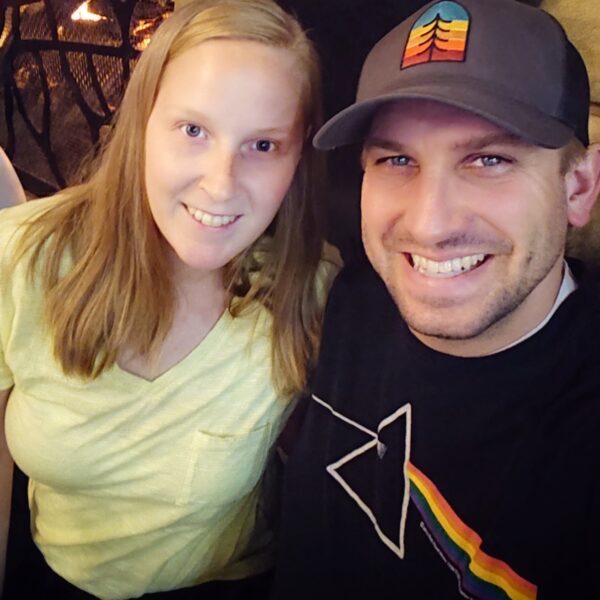“When people complete their estate plans with an attorney, the resulting documents are often dense with legal language—filled with boilerplate provisions about taxes, trusts, and powers of appointment. These documents serve a critical legal function, but they rarely reflect the heart behind the plan. They don’t explain why certain decisions were made or what values guided those choices. They also don’t impart any wisdom or learned lessons to the heirs. They don’t showcase stories or beliefs.
So how do heirs come to better understand these deeper aspects of their parents? How do the heirs learn the thinking behind mom or dad’s estate plan?
One common solution is called an Ethical Will.
Whether your estate plan is complex or straightforward, the legal documents tend to read as sterile and impersonal. Humorous or meaningful vignettes showcasing ethical values are left out. Often, the entire distribution plan might be summarized in a single line: “All assets shall be equally distributed to my children.” While this language may be fair and efficient, it doesn’t tell the story behind the decision.
Although there’s no legal barrier to including personal reflections in your estate documents, the process is already overwhelming and costly—making such additions impractical. Additionally, simplistic sounding phrases that might convey some intent can lead to ambiguity. For example, a person might say in the will “I give all my assets to John, and I expect John to take care of his wife and kids with the money.” This is a highly ambiguous sentence that can lead to the imposition of a trust without any defined trust terms – a recipe for costly litigation.
That’s where the Ethical Will comes in.
Despite its name, an Ethical Will isn’t a legal document. It’s a personal letter or statement that shares your values, life lessons, and hopes for your loved ones. It might share personal stories or family history. It can also explain the reasoning behind your estate plan—why you chose equal distribution, why you included charitable giving, or why certain assets were earmarked for specific individuals. It’s a way to give your heirs context, clarity, and connection.
Some families attempt to convey these sentiments through family meetings. While valuable, spoken words can be misremembered or lost over time. A written Ethical Will, on the other hand, provides a lasting record—one that can be revisited and cherished.
Importantly, an Ethical Will is not something your attorney prepares. You write it yourself, and you can keep it alongside your legal documents or share it with loved ones at any time. It doesn’t need to be formal or lengthy, and there is no prescribed format that must be followed. It just needs to be your sincere voice.
Can you prepare an Ethical Will even though you don’t currently have any estate plan? Absolutely. It is separate and distinct from anything you might do with your lawyer. As stated, the Ethical Will is not a legal document, and it has no power to direct the disposition of your assets. Still, it can provide valuable information to your family that allows them to come to know you better. And it might serve to influence their behavior after the receipt of any inheritance.
By including an Ethical Will, you give your heirs more than just assets—you give them insight into your values, your vision, and your voice. Without it, your life stories, values, or intentions may be misunderstood or forgotten.
The opinions voiced in this material are for general information only and not intended to provide specific advice or recommendations for any individual or entity. This information is not intended to be a substitute for specific individualized tax or legal advice. We suggest that you discuss your specific situation with a qualified tax or legal advisor.












